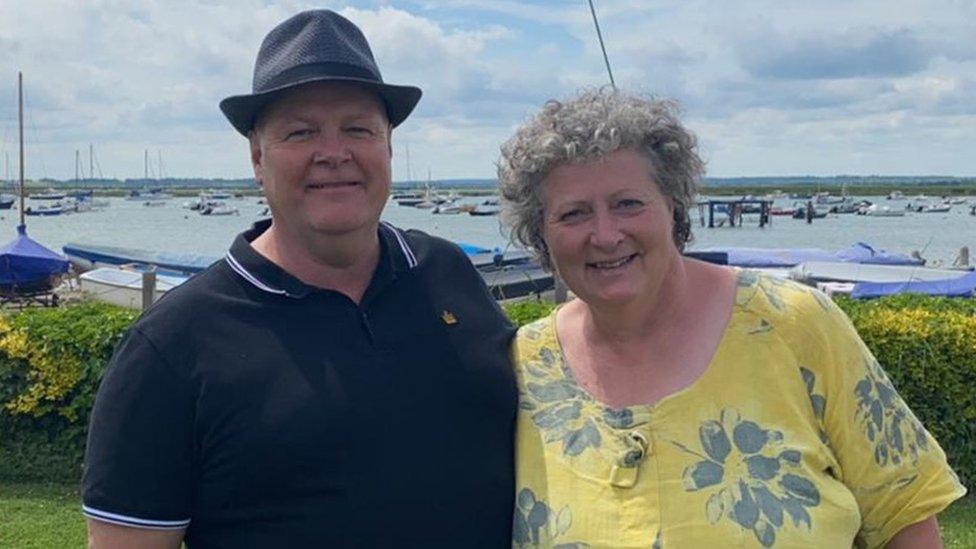West Mersea murder accused had opioid patches in bag, court told
- Published
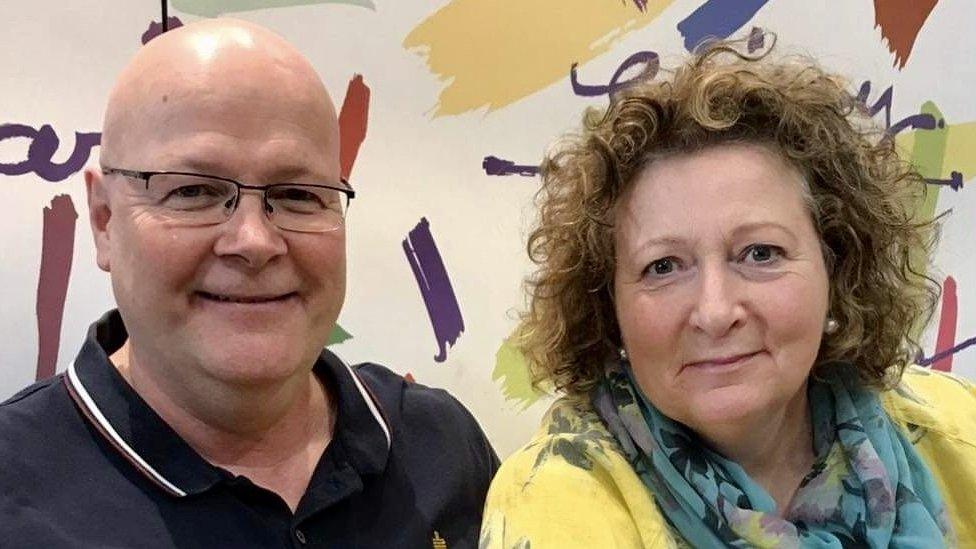
Stephen and Carol Baxter were found poisoned with fentanyl
A man accused of murdering a couple with fentanyl had patches of the opioid in his rucksack when he was arrested, a jury heard.
Luke D'Wit is accused of killing Stephen Baxter, 61, and his 64-year-old wife Carol, and rewriting their will.
Mr and Mrs Baxter were found dead in their West Mersea home in Essex last Easter Sunday.
Mr D'Wit, 34, of West Mersea, is on trial at Chelmsford Crown Court and denies murder.
Tracy Ayling KC, prosecuting, said in her closing argument on Friday that Mr D'Wit had murdered the couple "calmly, coolly and in a way which had been entirely planned, maybe for some while".
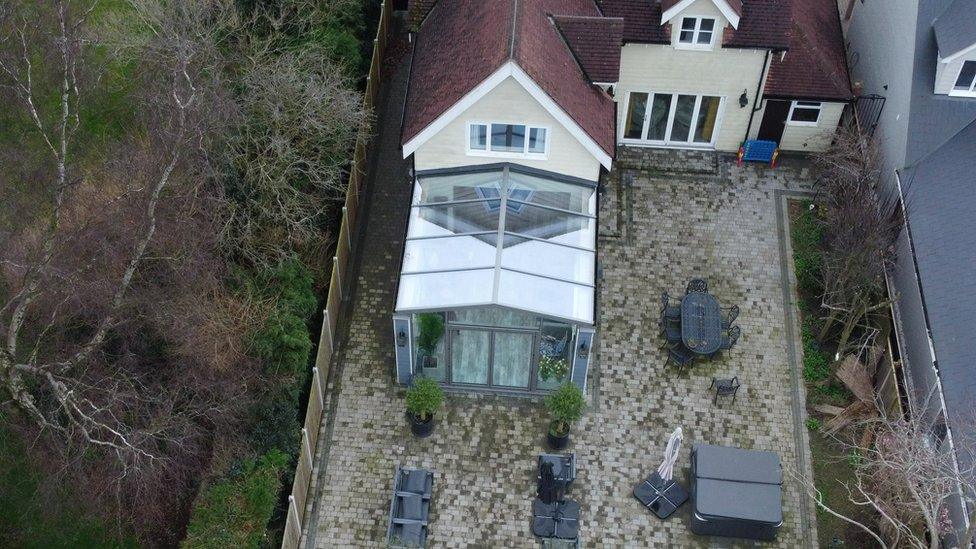
The couple's 22-year-old daughter Ellie found them dead in the conservatory of their West Mersea home
When he was arrested at work, Ms Ayling said a bag containing both opened and unopened fentanyl patches was found.
She questioned whether it was "possible to believe his Adidas bag at work contained fentanyl patches he was taking to the pharmacy" following the death of his father in 2021.
'Cruellest possible way'
"There can only be one purpose for having these and that's to fool someone into believing they were taking a proper dose when they were actually taking four times the amount," Ms Ayling said.
She said Mr D'Wit "in the cruellest possible way was overdosing Carol Baxter on promethazine", and said this caused symptoms likened to dementia, Parkinson's and "probably a stroke".
Ms Ayling said although Mr D'Wit previously said he had cancer, there was "absolutely no evidence of this".
Upon his arrest, when asked if he had any medical conditions Mr D'Wit said "no", the court has heard.
The trial continues.

Follow East of England news on Facebook, external, Instagram, external and X, external. Got a story? Email eastofenglandnews@bbc.co.uk, external or WhatsApp 0800 169 1830
Related topics
- Published26 February 2024
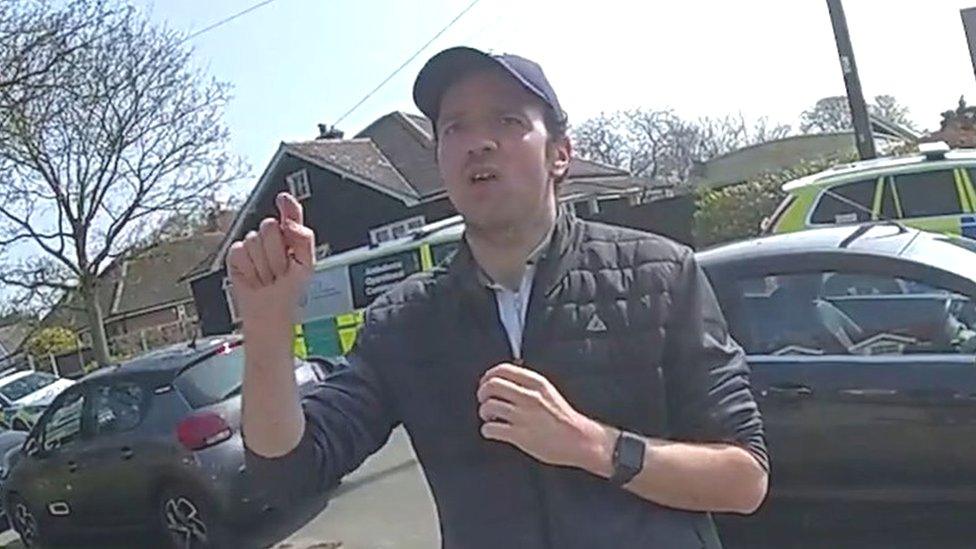
- Published21 February 2024
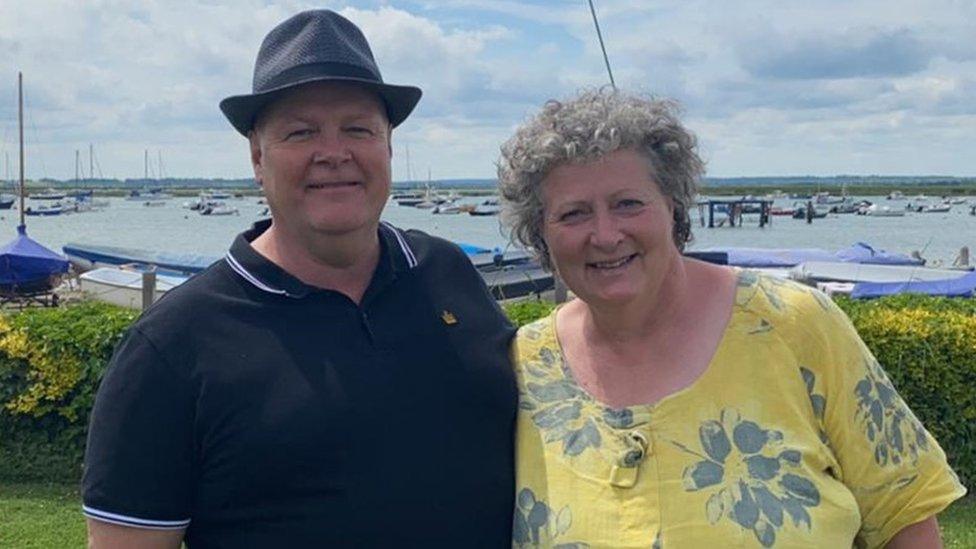
- Published20 February 2024
